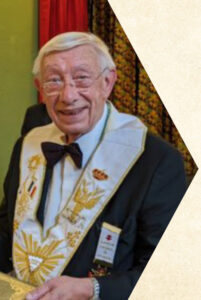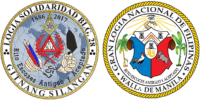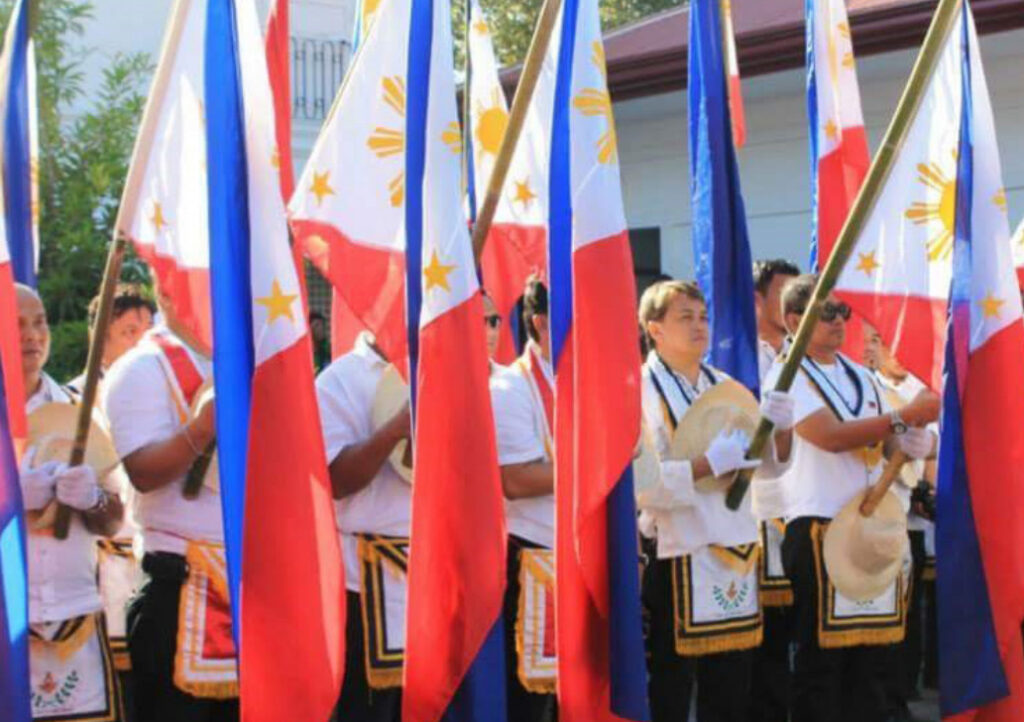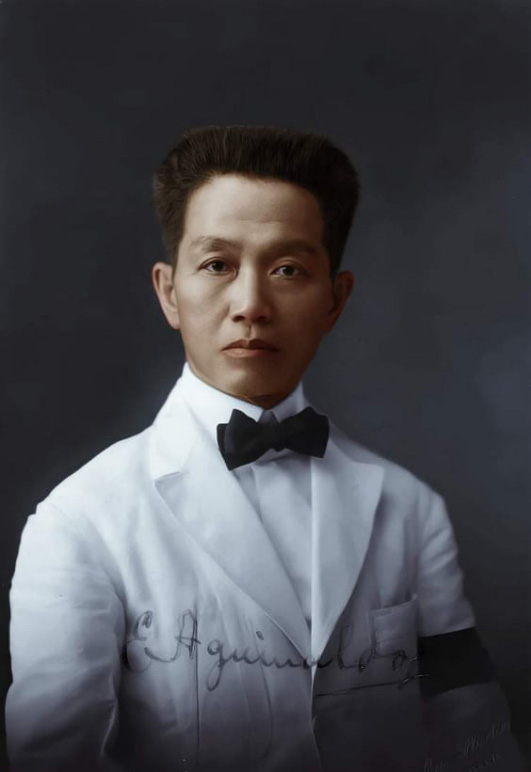
Sovereign Grand Commander
Of the Supreme Council of the 33rd Degree of France
Most Illustrious Brother Hubert Greven 33°
At Templo Katubusan – Col. Ruperto Arce Lodge No. 85
Olongapo City
March 17 2009
If the practice of the Ancient and Accepted Scottish Rite has steadily ridden the waves of hard times and modes through he past two hundred (200) years, it is because the Rite offers to its follower’s tools, a method and a life perspective which it has been passing on untouched since its origins and which sucks its marrow out of the primeval Tradition extant from times immemorial. Because it is free from Time and Fluctuations of History, its message has never varied. Being rooted in the spiritual dimension of its teaching, it helps Man to transfuse his
life with meaning. By the work done in Lodges, grounded on the study of the myths and legends of the various degrees, on the reflection induced by its rich symbolism, which analogically leads him to a higher understanding of mysteries, the Scottish Rites Masons perceives the existence of a transcending world and a universal ethic. At the same time, he acquires Wisdom, Force, and Beauty which enable him to harmoniously fit into society despite its contradictions.
Unlike materialism and pessimism which destroy and cast out human beings and pass judgments and sentences, the Ancient Accepted Scottish Rite is primarily constructive; it is an active tool for building up the world. The Scottish Rite Mason within the Lodge learns how to build up his own self in order to bring together, construct, understand and love.
The specificity of the Ancient Accepted Scottish Rite involves some features which make it the most extensive practice Masonic rite in the world. It rests on robust foundations. These are:
- The recognition and proclamation of a Creative Principle, the world’s spiritual foundation, under the name of the Grand Architect of the Universe;
- A universalism which allows each man to define the Principle according to his own conscience;
- An initiatory path towards ever more profound spirituality;
- Cooperation with the Creative Principle in the construction of the world. It opens out the human being to the Oneness of Life which allows the follower to experience a sense of
solidarity with every existing thing.
It is grounded on
- The quest for the Lost Word, which implies that Man’s glance is constantly turned towards the light,
- The motto Ordo ab Chao, which calls for the image of the world’s organization resting on an orderly principle – one which requires distancing oneself from the
apparent incoherence of the Creation and its working and, for that matter, spells hope for a better future in the face of adverse circumstances.
It relies on the invocation to the Grand Architect of the Universe, which recalls the Plan and helps the initiate in the way of self-fulfilment according to this Plan, so that he can become partner in its achievement. It rejects the principle of mixed Masonry and advocates the harmonious alliance of Faith and Reason. Lastly, espousing the moto Deus Meumque Jus situates the follower’s ethic at once on a two-fold human and divine plan.
The Rite’s approach can only be effective it its specificity is adequately comprehend and experienced. The initiation regenerates Man into a new being and contributes to his improvement.
On these grounds, the Riote’s seminal principles are immutable and under no compulsions to yield to modes and new ideas, especially to Science and the new technologies, for these are not
concerned with spirituality, even if they sometimes try dabbling with the foundations of ethics.
The Ancient Accepted Scottish Rite is primary a metaphysical quest, but the outcome of its teaching naturally leads each initiate, as an individual, to play an active and solidaristic part in the life of Society. It urges the Freemason to practice benevolence and justice, to relentlessly work at the happiness of Mankind and reachout to others in order to let the light of the Spirit radiate over a society swayed by materialism. To achieve this aim, the initiate must start by acting on himself, combating ignorance, curbing his own pride and personal ambition, and steering clear of
fanaticism.
The Ancient Accepted Scottish Rite is an Order which clearly asserts its spiritualistic inspiration and Universalist scope. Its followers are convinced that life has a meaning and that each man
harbours an inner light akin to Truth. This inner light is the final destination of the journey along the road suggested by the Rite. It helps us to discover surprising landscapes as it illuminates them. It proposes a veritable adventure, the adventure of Man in search of himself in his interrelation with other men, with the Universe as his setting and the Creative Principle as his source.
In the last ten years, spurred on by the Supreme Council of France, an ever-growing number of regular Supreme Councils have held meetings and conferred periodically in order to defend the intangible principles and the core values of the Ancient Accepted Scottish Rite. Contrary to American practice, none of the thirty three Supreme Councils attempts to assume a manner of leadership, respectful or each other’s sovereignty, independence and specificities.
Those Supreme Councils operate in order to promote, in a context of absolute freedom of conscience, a spirituality free from any kind of religious prejudice, towards connecting the teachings of Tradition with a contemporaneous approach to Reality, towards making good the promises of Brotherhood, Unity and Tolerance put forward by the Scottish Order.
The defense of this genuinely universalistic conception of the Rite meets the expectation of our Brethren who, in the wake of the failure of ideologies and faced up to the threat of dehumanization inherent in a globalize, materialistic and consumeristic civilization, are hankering for Identity, for Meaning and for a Future.


